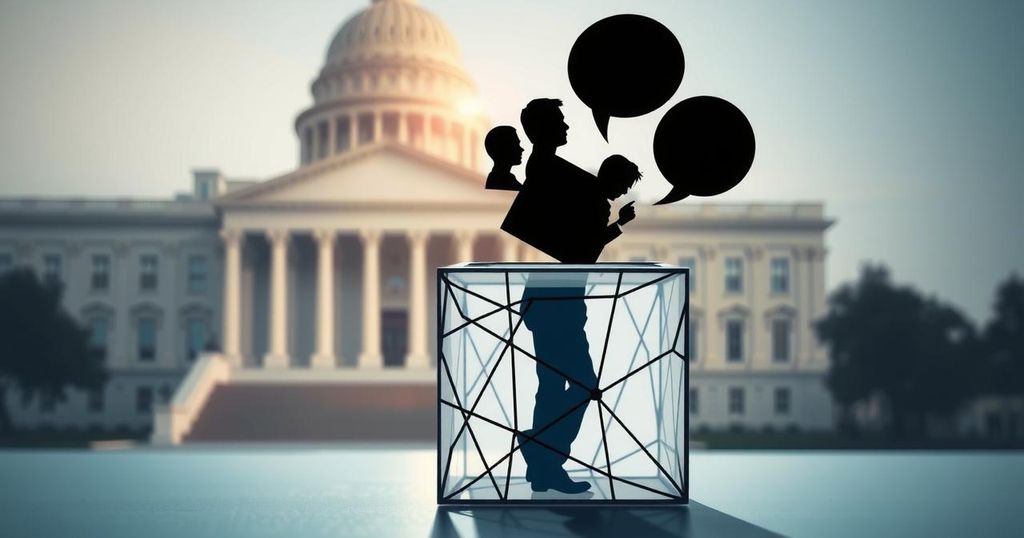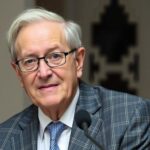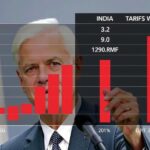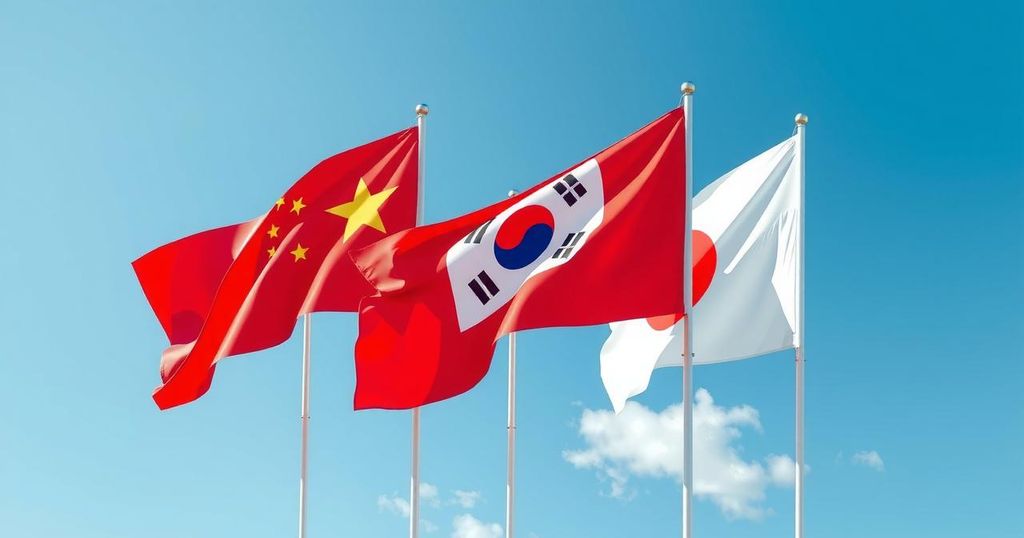Elections
Politics
AND, ASIA, BHARATIYA JANATA PARTY, BJP, CONGRESS, CONGRESS PARTY, CONSORTIUM FOR, DEMOCRACY, DEPARTMENT OF GOVERNMENT EFFICIENCY, DOGE, ECONOMIC POLICY, EL, EUROPE, FOREIGN MINISTRY, GOVERNMENT POLICY, INDIA, MIAMI, MOLDOVA, MU, MUSK, NATIONAL SECURITY, NORTH AMERICA, POLITICS, RANDHIR JAISWAL, TRUMP, UNITED STATES, US, USAID, WASHINGTON
Clara Montgomery
Trump’s Claim of $21M for India’s Voter Turnout Provokes Political Controversy
Trump’s claim of a $21 million U.S. expenditure to bolster India’s voter turnout has ignited political contention, prompting reactions from India’s BJP and Congress parties. While BJP views this as foreign interference, Congress refutes the assertion. The Indian government has flagged the statement as troubling and is currently investigating the matter amidst concern over potential funding misallocation.
U.S. President Donald Trump’s assertion that the U.S. government allocated $21 million to enhance voter turnout for India’s elections has incited a considerable political debate within the nation. This comment followed Elon Musk’s recent decision to halt funding aimed at foreign aid, a move under scrutiny.
The governing Bharatiya Janata Party (BJP) condemned Trump’s remark as an instance of “external interference” and accused the opposition Congress party of inviting such intervention. The Congress party refuted these claims, labeling them as “nonsensical,” while highlighting the lack of evidence supporting Trump’s statement.
The Indian Ministry of External Affairs described the assertion as “deeply troubling,” with spokesperson Randhir Jaiswal cautioning against premature public statements about the situation, as investigations are ongoing. Trump has long emphasized the goal of enhancing U.S. fiscal efficiency and had previously formed the Department of Government Efficiency (Doge) to reduce federal expenditures.
Doge is currently executing significant budget cuts, including a controversial withdrawal of funds previously allocated to USAID, the U.S. agency responsible for humanitarian aid. Among these cuts, Trump notably pointed to what he questioned as a dubious $21 million for aiding voter turnout in India.
During a summit in Miami, Trump remarked, “I guess they were trying to get somebody else elected. We have got to tell the Indian government.” His comments followed Indian Prime Minister Narendra Modi’s visit to Washington, where discussions of military sales and a potential trade deal were prominent. Meanwhile, BJP leader Amit Malviya asserted that Rahul Gandhi had sought foreign intervention regarding India’s democratic integrity, referencing a prior speech made in London.
In regards to the alleged USAID funding, scrutiny intensified after reports indicated that neither Trump nor Doge had presented evidence corroborating the $21 million claim. Former election chief SY Qureshi, who served between 2010 and 2012, denied receiving such funds during his tenure. Malviya’s earlier contention regarding a suspected agreement with a George Soros-linked organization was also dismissed by Qureshi as “malicious.”
Furthermore, an investigative report from Indian Express clarified that the purported $21 million was sanctioned for Bangladesh and not India, with a significant portion already utilized as part of a three-year project expected to conclude in 2025.
The political clash in India over Trump’s claims highlights significant tensions about foreign influence in domestic affairs. The BJP and Congress party’s conflicting interpretations reflect broader concerns regarding electoral integrity and international involvement in India’s political landscape. The uncertain origins of the alleged USAID funding add complexity to an already contentious dialogue, underscoring the need for clarity and evidence in such assertions. As investigations proceed, the ramifications of these claims continue to unfold, indicating the delicate interplay of politics on both domestic and international fronts.
Original Source: www.bbc.com








Post Comment